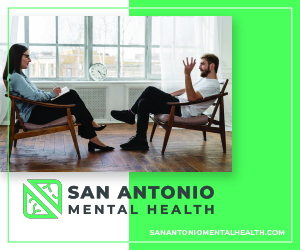By Annette M. Zaharoff, MD
Scientific reports are in fairly unanimous agreement that regular exercise will help prolong your life. In fact many of the symptoms of aging are now believed to be related more to disuse rather than the aging process itself, which means you have some control over your aging process.
What happens
The most dramatic declines due to aging occur in muscle strength. You will lose six pounds of muscle each decade unless you do some type of resistance exercise to strengthen your muscles. Strength training may include the use of weights, exercise machines, elastic bands or any form of calisthenics that allows the muscles to get resistive training.
The loss of muscle mass not only changes our body composition and general strength, but it also lowers our metabolism and exposes us to greater risk of age-related disease. Typically, with the loss of muscle there is an increase in body fat. This combination adds extra strain on the heart, alters our body’s ability to metabolize sugar (increasing the risk for diabetes) and can elevate the bad cholesterol and reduce the good cholesterol, leading to heart attack and stroke.
Building muscle is easier than you may think.
Strength training just 20 minutes a day, two or three times a week, for 10 to 12 weeks can rebuild three pounds of muscle and increase your metabolism by 7 percent. Boosting your metabolism will give you more energy; make you feel more alert, more focused and more alive! Many other systems of the body will benefit from increasing your muscle mass; reducing blood pressure, improving your ability to use glucose from the blood by 25 percent, increasing your bone mass by one to three percent and improving gastrointestinal efficiency by 55 percent.
Living longer
A regular exercise program consisting of 30 minutes of physical activity at least three days a week can reduce your risk of dying in the next eight years by 49 percent, improve brain function, cut your risk of Alzheimer’s disease by up to 60 percent and decrease the symptoms of depression. Given that 80 percent of the population over 65 suffers from at least one chronic condition, and half have two or more, according to a report from the Census Bureau and the National Institute on Aging, exercise is a powerful medicine!
Scientists are learning more about how the aging process works. Aerobic and strength training impact every cell in the body, helping reduce inflammation, increase blood flow and even improving oxygen efficiency. Improvement in a tiny energy-producing factory called mitochondria function in our cells to take glucose, protein, and fat from the food we eat and turn them into energy. Exercise can be traced to improving the function of mitochondria which naturally declines with age.
Exercise also combats damage from free radicals created as a by product of using oxygen. Regular exercise over time can slow your resting heart rate, thereby decreasing the amount of oxygen you need overall and reducing the rate at which you create harmful free radicals.
No matter when you start, the evidence is clear: Daily physical activity can transform and prolong your life. If you need help getting started on a program or have had orthopedic injuries in the past, contact your sports medicine physician to help you get started on a safe program. Get started! Get healthy! Live longer!
Dr. Annette Zaharoff is a sports medicine physician specializing in the non-surgical evaluation and treatment of injuries. She maintains a private practice in San Antonio and may be reached by calling her office at (210) 616-0646 or visiting her Web site www.drZmd.com






